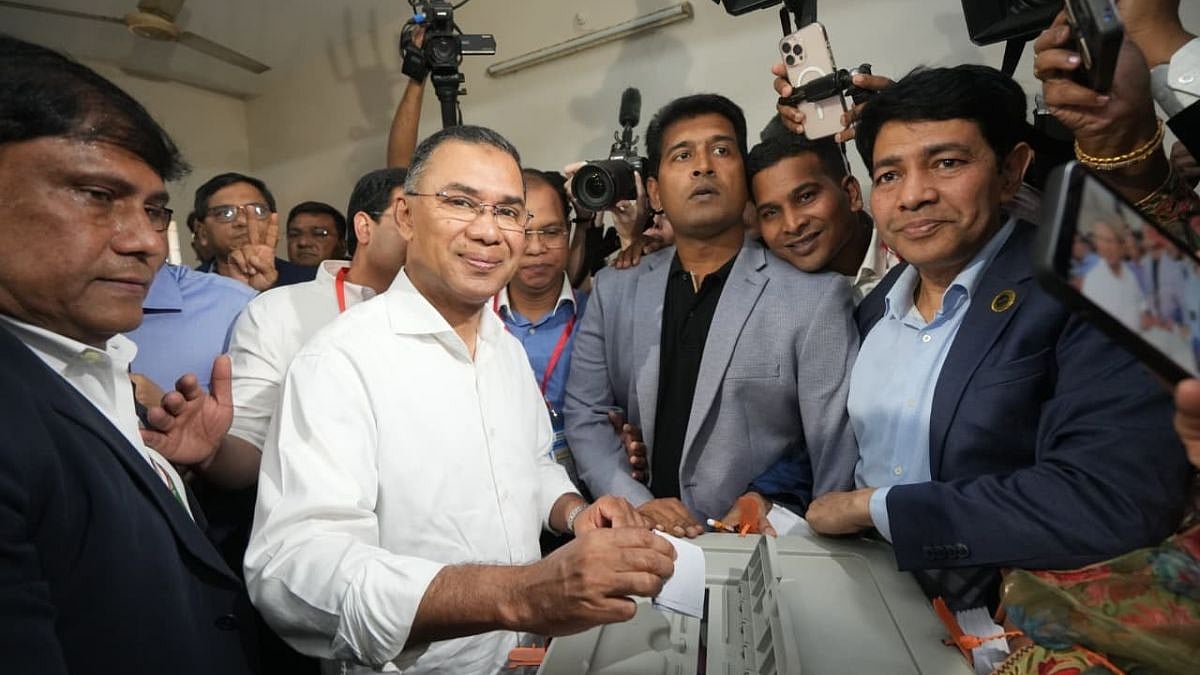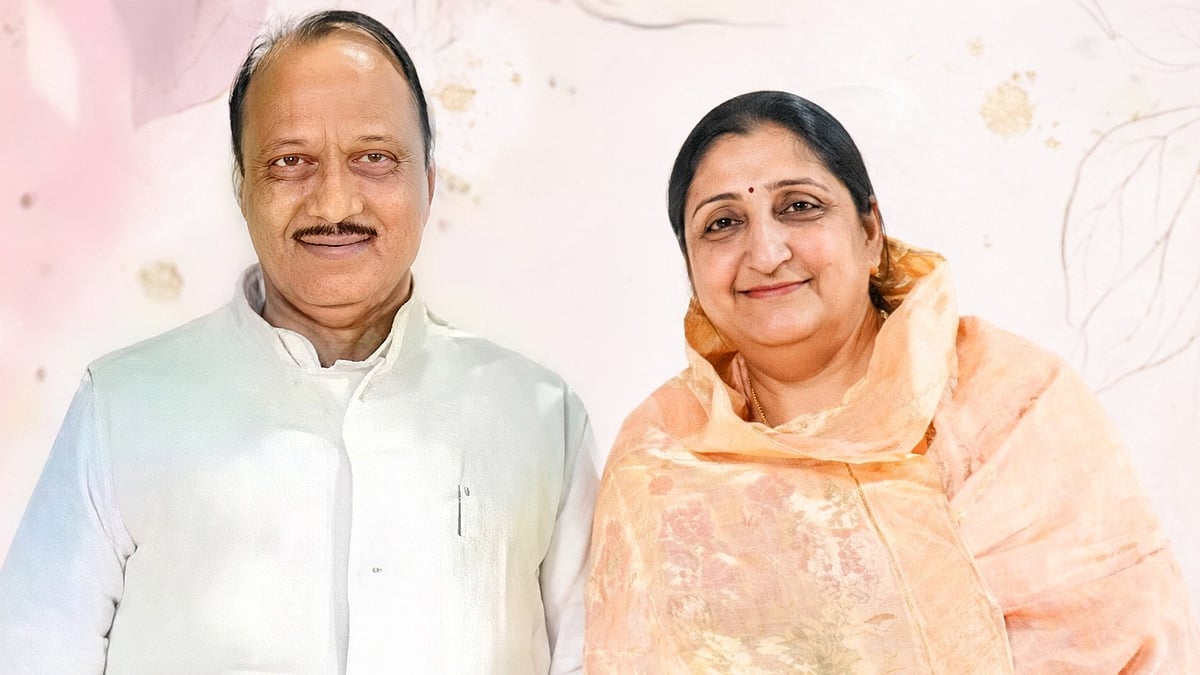I took my son for his first ‘class’ when he was around four years of age. We had travelled to a potter’s studio, set in an exquisite veranda dappled with light. I imagined my son falling in love with the space — and by extension with his mentor, a gentle woman who could tame clay.
We had paid for an hour-long session. My son entered the studio, ran end to end. After he had sufficiently exhausted himself, he sat at the table. His mentor, to begin with, tried showing and telling — but my son wasn’t about to pay heed. He grabbed a chunk of clay, flattened it into a pancake, and spent the next several minutes sprinkling glitter over and across. Half an hour into our visit, my son declared, ‘I’m done.’
And he was done.
I learnt that my son wasn’t ready. He wasn’t ready to take instruction, to pay attention to words before plunging in.
My son found his first mentor when he was five. R. has a rubberband body, and my son was enthralled the day they met. I had expected my boy, during his first capoeira class, to do as he generally did — carve a corner for himself under a colourful umbrella (an umbrella he always carried with him) and dream while the teacher attended to the more tractable kids in the class. Instead, even as R. let loose a string of instructions, my boy followed through — jumping like a frog, kicking like a donkey, and swinging upside down like Stellaluna, his favourite bat. His prized umbrella remained unattended. I watched open mouthed.
What just happened? R. hadn’t gone out of his way to woo my son. He wasn’t by any means loquacious. Yet — for reasons I couldn’t pinpoint right then — he had my son at the first hello.
For days after his first class with R., I tried solving the mystery surrounding my son’s new-found, all-too-sudden love interest. I quizzed my child gently (and, I thought, cleverly) — but my five-year-old refused to commit to a stable response. I tried replaying moments from the session he had enjoyed so thoroughly — but there was nothing specific that stood out; no statement tossed, mentor to student, that could reveal to me the source of my boy’s pliancy in R.’s presence.
And that’s when I realised. I was missing the point.
To be little is to place feeling first. To take cues from a mentor, our children must fall in love.
And we can’t predict who the heart will desire; we cannot force romance.
Nor, when these tender love affairs begin, should we attempt dissecting them with 'why's and what 'for's. For the reasons are meant to be unobvious; to remain beyond the scope of words.
My son waits eagerly for Wednesday capoeira classes. He waits for R. to walk three flights up to the studio. He follows him out at the end of each session, waving till his scooter vanishes.
With R.’s entrance, my son has sought others like him, mentors who can lead him where we cannot, who can guide him with tennis or help him with his uke. But especially those who he can build a relationship with — a relationship where he feels joy in the surrendering.
My child is presently exploring where he stands with his tennis tutor. He is only just getting to know the woman with two Persian cats and three ukes — though he trusted her enough the first class to let her tune his beloved instrument.
Here’s the thing about relationships — not all of them are meant to work out. Most, in fact, will not. Almost all will be fleeting, surviving a short season of in-betweenness at best.
And once we treat the mentor-student association as a real relationship — rather than as the forced yoking of two beings, one significantly more powerless — we’ll be less perturbed if our children don’t take to certain tutors. We’ll be less perturbed if they grow out of attachment with them. We’ll be less perturbed if they sign up for swimming class, then abandon the project entirely.
We’ll be less perturbed.
Because, really, it was never about the class. It was about the person in the room — and whether that specific person sparked joy in one specific little being on a specific ordinary day.
That’s all.
Dharini Bhaskar is the author of These, Our Bodies, Possessed by Light. Her next novel Like Being Alive Twice is being published by Penguin Random House in 2024









